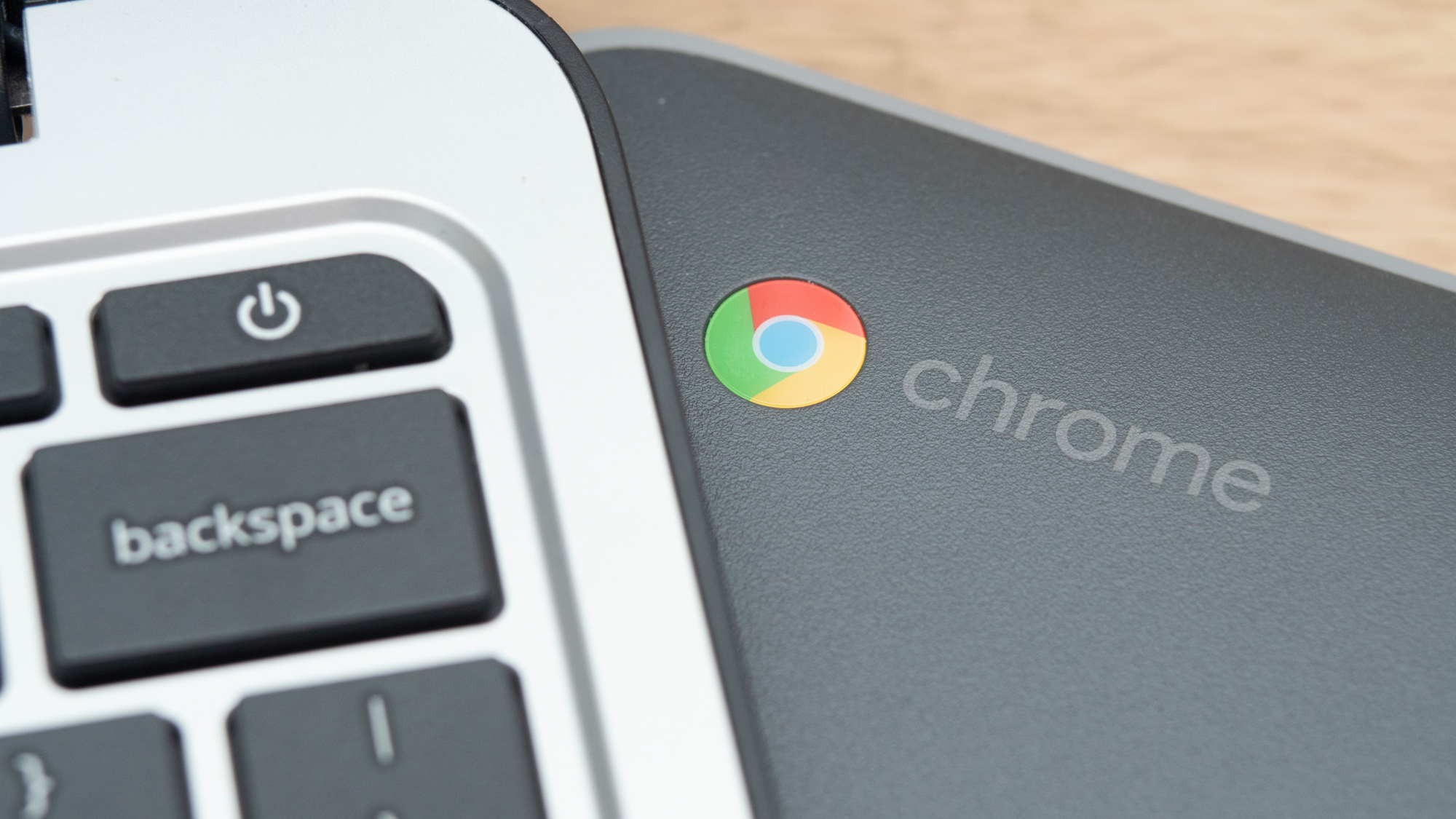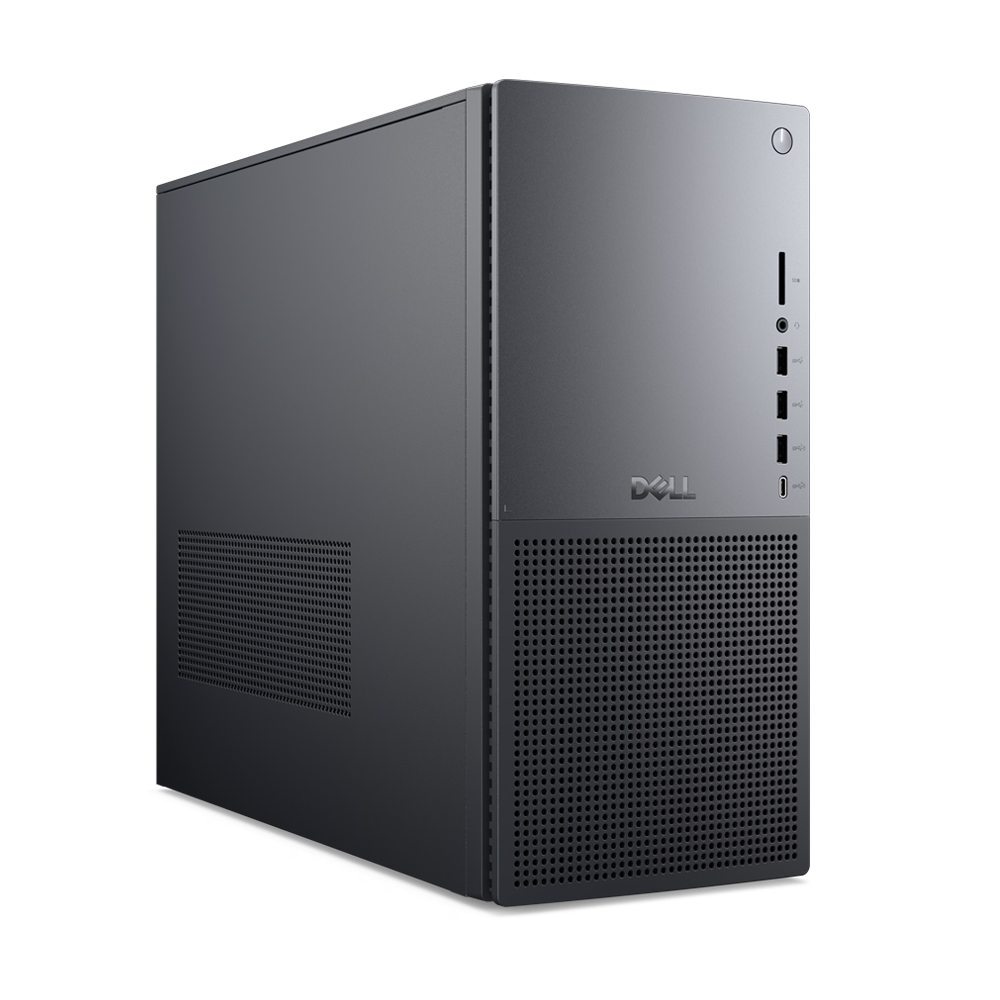Android-powered desktop PCs are coming – and I think they'll be an exciting step up from ChromeOS
'Android Desktop' is close at hand, and planned for desktop PCs, laptops and tablets alike, bringing AI firmly into the mix

Sign up for breaking news, reviews, opinion, top tech deals, and more.
You are now subscribed
Your newsletter sign-up was successful
- More details have been spilled about Google's incoming desktop OS merger
- A job ad provides info on how this mix of Android and ChromeOS will work
- The plans for 'Aluminium OS' sound far-reaching and certainly have exciting potential for desktop PCs and more affordable AI laptops
We've learned more details about Google's plan to merge Android with ChromeOS to make a new and improved desktop operating system thanks to a job listing.
Android Authority spotted the LinkedIn advert (which has now been taken down) for a 'Senior Product Manager, Android, Laptop and Tablets' based in Taiwan who will be involved in a "new Aluminium, Android-based, operating system".
Take all of this with some seasoning, but it appears to confirm the Aluminium name – or more likely a code name, in the same vein as Chromium, which is the underlying engine of Google's Chrome browser – as well as revealing more about how this desktop take on Android will work.
We're told Aluminium (yes, it's supposed to be the non-US spelling) will be an OS with AI at its core (no surprises there), and that Google has wide-ranging plans for the platform. Support across all form-factors is mentioned: laptops, tablets, 2-in-1s, and 'boxes' which refers to desktop PCs (which are, after all, big boxes – or indeed small ones otherwise known as mini PCs). Furthermore, support across all tiers from entry-level to premium devices is planned, too.
In short, this will be a new desktop platform spanning all price brackets and types of devices.
Tellingly, the position advertised is responsible for driving both "ChromeOS and Aluminium platforms and devices" which suggests that the two platforms will exist in parallel.
At the same time, the blurb for the job ad mentions a strategy for transitioning "Google from ChromeOS to Aluminium with business continuity in the future."
Sign up for breaking news, reviews, opinion, top tech deals, and more.
That suggests Aluminium will replace ChromeOS eventually, as you might expect – but not for some time, with both operating systems running side-by-side for a transitional period.
Possibly a lengthy one at a guess. Aluminium is clearly the end goal, but there'll be a lot to deal with in terms of migration of devices from ChromeOS to Aluminium (where that's possible given the hardware).
It's also true that Chromebook is by now such a recognized brand of laptop that Google surely won't want to lose the pull of that name, and so ChromeOS could eventually be the name given to Aluminium – it'll take on the brand.
As Android Authority points out, Google engineers have called the existing Chromebook platform the likes of 'non-Aluminium ChromeOS' or 'ChromeOS Classic', which suggests Aluminium will eventually be the new ChromeOS. And ChromeOS Classic very much makes sense as the name for the legacy platform while it remains on older Chromebooks that are living out the remainder of their existence.
Analysis: Android desktop dreams (featuring electric sheep icons?)

It's exciting to hear more about Aluminium and how Google seemingly has plans in place for this new desktop operating system to take the baton from ChromeOS, with a period of transition before an entire replacement (where the very name might be taken by the newcomer, too).
The theory behind Aluminium is certainly more than sound. Tying it in with Android in a fundamental way like this – the other codename Google engineers use for the OS is 'Android Desktop' (which could also be the new name, perhaps) – has all sorts of advantages. When Google works on Gemini AI features for Android phones, those fresh capabilities can go straight to the desktop, with no need for any extra effort from coders (avoiding the possibility that some functionality could be neglected and not ported over).
Naturally, Android apps will be supported natively on the desktop, and not emulated, which will be pretty cool. Aluminium should help deliver a much better experience for Android tablets too, and there's quite a bit of anticipation around that. (Google will be looking to seriously challenge the iPad here.)
Of course, if you're thinking that it's one thing to build a nifty new desktop operating system that puts ChromeOS in the shade – but it's entirely another to create a desktop OS that can take on Windows or macOS and live to tell the tale, well, you'd be right. No matter how great Aluminium sounds, will it take on the desktop might of Microsoft? No, it won't – there are issues around software support, not to mention games and a number of such wrinkles – and besides, that's not the aim (not initially, anyway).
In the arenas where Chromebooks currently dominate – primarily education, but also business – Aluminium is surely going to help Google's progress, and that will be one of the main goals. On the consumer front, we're looking at the exciting possibilities already mentioned on desktops and laptops alike, from native Android apps to the potential of AI tricks aplenty courtesy of Gemini – all in an OS that should be nicely streamlined and tight (we hope).
And no, the AI stuff won't be to everyone's liking by any means, but we may see truly affordable laptops with some strong AI features in the nearer future thanks to Aluminium. (Although Copilot+ PCs have already become considerably less wallet-damaging, to be fair).
What's the timeline on all this kicking off? For now, we've been promised the first incarnation of Aluminium will be out in 2026, but it's likely a full release (to the public) won't be ready until the following year. And of course, development from there will be something of a long haul, with ChromeOS seemingly to be kept on in parallel. It's going to be very interesting to see how Google's grand scheme for desktops pans out.

➡️ Read our full guide to the best computers
1. Best Windows:
Dell Tower Plus
2. Best Mac:
Apple Mac mini M4
3. Best Mac AIO:
Apple iMac 24-inch (M4)
Follow TechRadar on Google News and add us as a preferred source to get our expert news, reviews, and opinion in your feeds. Make sure to click the Follow button!
And of course you can also follow TechRadar on TikTok for news, reviews, unboxings in video form, and get regular updates from us on WhatsApp too.
Darren is a freelancer writing news and features for TechRadar (and occasionally T3) across a broad range of computing topics including CPUs, GPUs, various other hardware, VPNs, antivirus and more. He has written about tech for the best part of three decades, and writes books in his spare time (his debut novel - 'I Know What You Did Last Supper' - was published by Hachette UK in 2013).
You must confirm your public display name before commenting
Please logout and then login again, you will then be prompted to enter your display name.